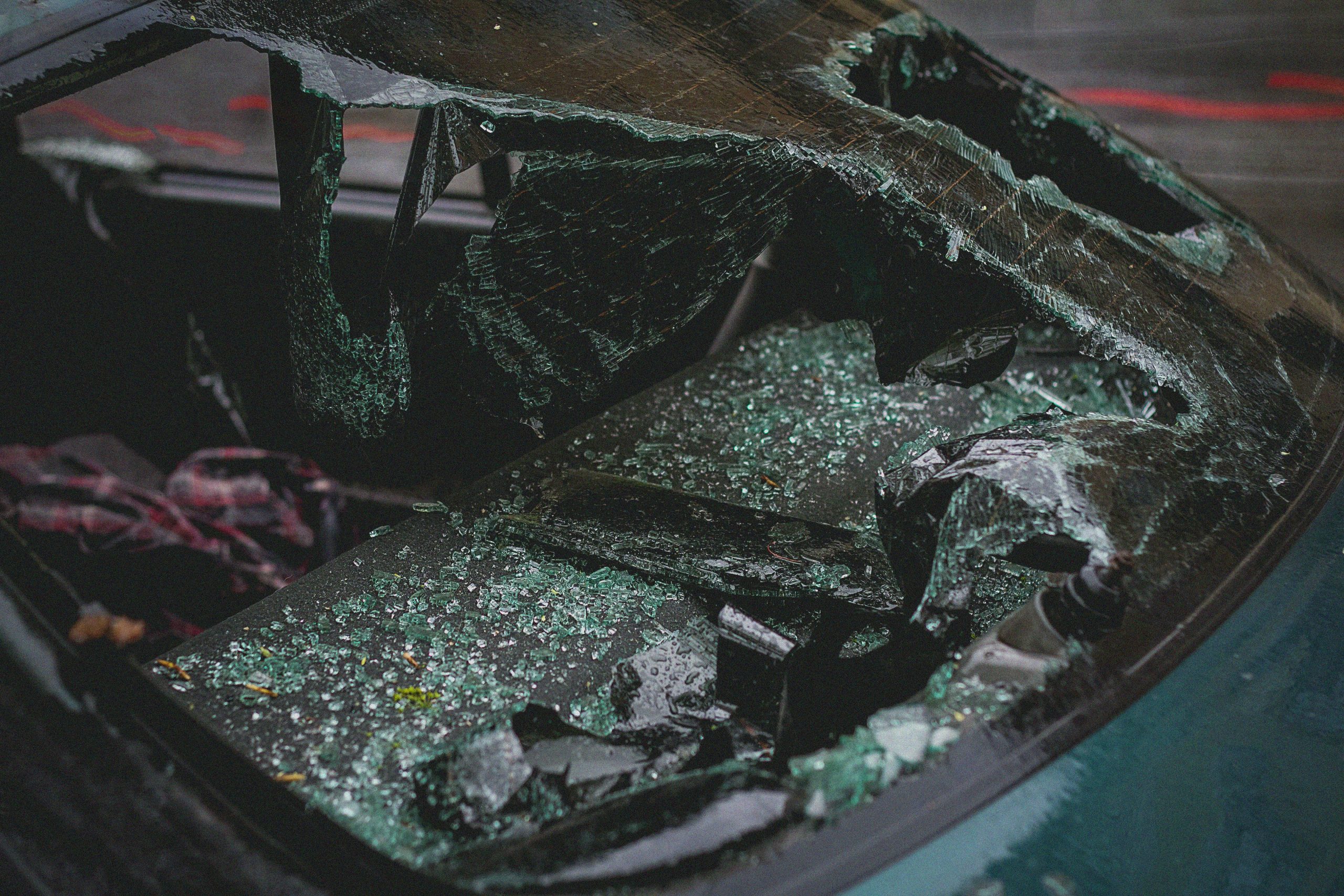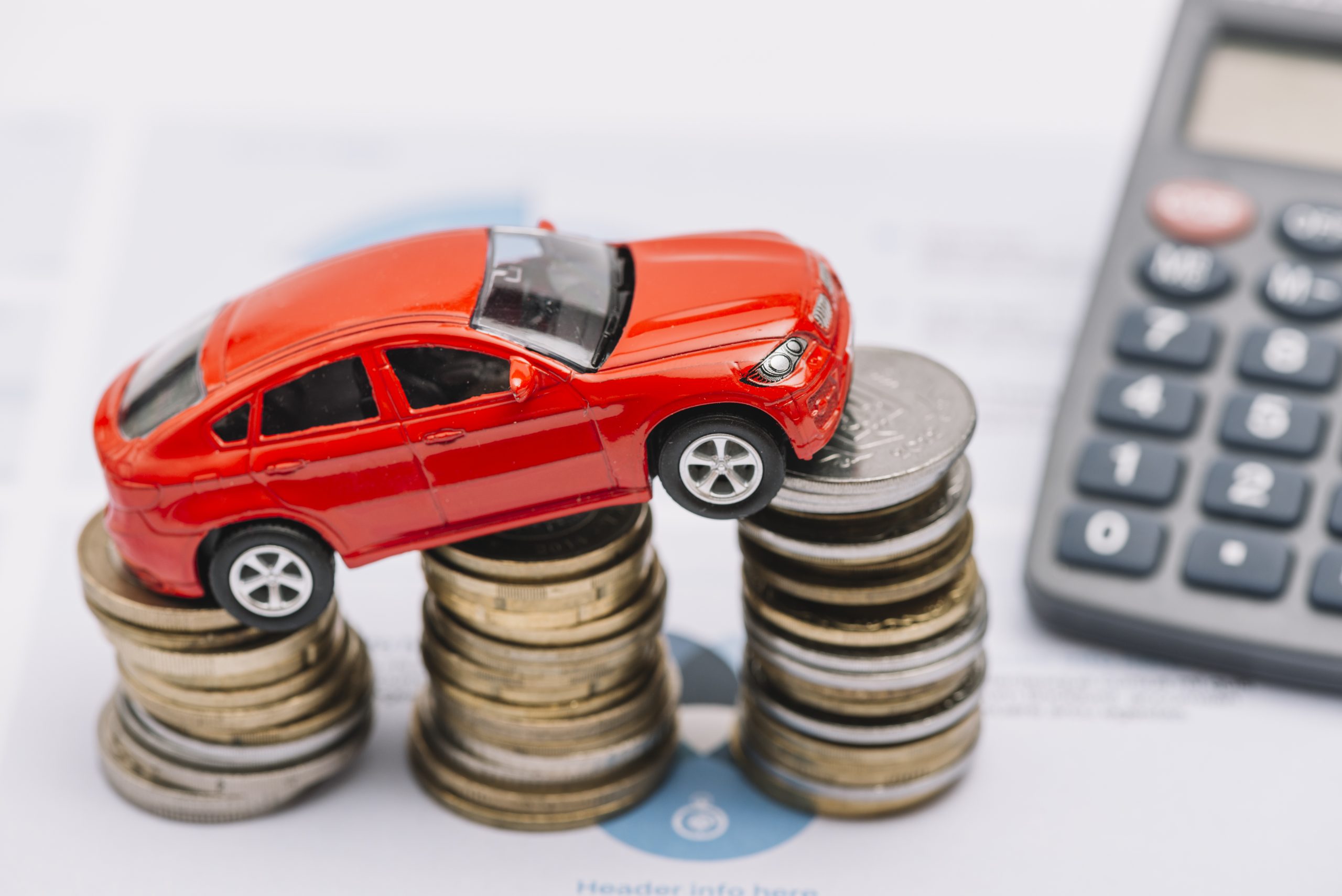
A hit-and-run accident is frustrating, stressful, and often feels incredibly unfair—especially when you’re the victim. Once the dust settles and you’re safe, the next concern typically revolves around your auto insurance. One of the most common questions people ask is: Will a hit-and-run claim raise my insurance if I wasn’t at fault?
The short answer is yes, it can—but it depends. Insurance companies don’t always handle hit-and-run claims the same way they do other types of not-at-fault accidents. In this article, we’ll break down the key factors that determine whether your premiums will go up, how insurers view these claims, and what you can do to protect yourself from unfair rate hikes.
What Is Considered a Hit-and-Run Accident?

Before diving into how claims affect your premiums, it’s important to clarify what qualifies as a hit-and-run.
A hit-and-run generally involves a driver:
- Damaging your vehicle and leaving the scene without stopping
- Failing to provide their contact or insurance information
- Causing injury or property damage and fleeing
These incidents can happen in traffic, in a parking lot, or even while your car is parked and unattended. Since the at-fault driver can’t be identified, your own insurance often has to cover the damage.
In situations like these, many drivers understandably ask: does insurance cover hit and run accidents, or are they left paying the bill themselves? The answer depends on your policy and the coverage options you’ve selected.
Does Being “Not at Fault” Always Protect Your Premium?
Typically, not-at-fault accidents do not raise your insurance rates. However, hit-and-run cases are treated differently because:
- The at-fault driver can’t be identified
- Your insurance company pays for the damages
- The lack of a third-party claim shifts financial responsibility to your insurer
Even though you didn’t cause the accident, your insurer may still label it as a “chargeable claim” under certain circumstances. That’s where things get complicated.
When Will a Hit-and-Run Claim Raise My Insurance?
Whether or not your insurance rate increases after a hit-and-run depends on several factors:
1. Your State’s Insurance Laws
Insurance regulations vary widely by state. Some states forbid insurers from raising premiums for not-at-fault accidents, including hit-and-runs, while others allow it under certain conditions.
- No-fault insurance states like Florida and Michigan require you to claim through your own Personal Injury Protection (PIP), and insurers typically can’t raise rates for that.
- At-fault states may allow increases if your insurer paid out under collision coverage.
2. Your Type of Coverage
Which part of your policy you use affects how your insurer classifies the claim.
- Uninsured Motorist Property Damage (UMPD): May not result in a rate increase if your state allows it and you have this coverage.
- Collision Coverage: Often comes with a deductible and may result in a surcharge, especially if the insurer can’t subrogate the claim to another driver.
- Comprehensive Coverage: Usually doesn’t apply in hit-and-run cases but doesn’t affect your rates as severely.
3. Your Claims History
If you’ve made multiple claims in the past few years, even a not-at-fault hit-and-run could trigger a rate increase due to perceived risk. Insurers look at the number and frequency of claims, not just fault.
4. Your Insurance Company’s Policies
Each insurer has its own rating model. Some companies pride themselves on not surcharging customers for hit-and-runs, while others treat every payout as a risk factor.
Examples of Insurer Reactions
To give you a sense of how different insurers handle hit-and-run claims, here’s a general breakdown:
| Insurer Type | Typical Reaction to Hit-and-Run Claims |
| National Brands (e.g., State Farm, GEICO) | May raise rates if claim paid under collision |
| Regional Insurers | Mixed policies, some offer accident forgiveness |
| Usage-Based Insurers | May focus on driving behavior rather than claims |
| Premium/High-Risk Insurers | More likely to increase rates after any claim |
Can You Avoid a Rate Increase After a Hit-and-Run?

Here are a few ways to reduce the chances of your insurance premium increasing:
1. Use the Right Coverage Type
Whenever possible, use Uninsured Motorist Property Damage (UMPD) if available. It’s often considered a non-chargeable claim and may not affect your premiums.
2. Request Accident Forgiveness
Some insurers offer accident forgiveness programs, especially if you have a clean driving record. This could prevent your first hit-and-run claim from impacting your rates.
3. Provide Strong Evidence
The more proof you can give—photos, witness statements, police report—the more likely the insurer will classify the claim properly as not your fault.
4. Shop Around After a Rate Hike
If your insurer raises your premium unfairly, you’re free to switch providers. Some insurers won’t penalize you for a hit-and-run as harshly as others.
What to Do After a Hit-and-Run to Protect Your Claim
Here’s what you should do immediately after a hit-and-run to increase your chances of fair treatment:
- Call the police right away and file a report
- Take photos of the damage, skid marks, or debris
- Look for witnesses or security cameras nearby
- Report the incident to your insurer as soon as possible
- Request a copy of the police report for your records
The more documentation you have, the better your insurer can process the claim accurately—and possibly avoid surcharging your account.
Frequently Asked Questions
Q: Will a hit-and-run claim affect my no-claims discount?
A: In many cases, yes. Even if you’re not at fault, the claim can void your no-claims bonus unless your insurer has a special exemption policy.
Q: How long will a hit-and-run claim stay on my insurance record?
A: Typically, claims stay on your record for 3 to 5 years, depending on your state and insurer.
Q: Should I pay out of pocket to avoid a rate increase?
A: If the damage is minimal and you’re not using UMPD, it may be worth getting repair quotes before filing a claim. However, never skip reporting serious damage or injuries.
Closing Thoughts: Know Your Rights, Protect Your Rates
So, will a hit-and-run claim raise your insurance if you weren’t at fault? Possibly—but not always. The outcome depends on your state laws, your insurance coverage, your provider’s internal policies, and how well-documented the incident is.
If you’re the victim of a hit-and-run, don’t assume your premiums will automatically spike. Take control by understanding your policy, submitting the proper evidence, and comparing insurers if necessary. With the right approach, you can get the coverage you need without being penalized for something you didn’t cause.
